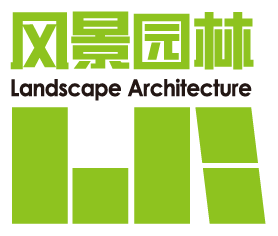Abstract:
To follow the requirements raised by the rapid development of the landscape architecture(LA) practice and the popularization of information technology, the university has to reconsider the teaching pattern in LA discipline. Embracing with the reformation of the teaching model in LA discipline and the related ideas, this article introduced the four main points characteristics of the landscape architecture seminar based on the knowledge module series integrated by open topics, including contents framework, knowledge connection, teaching organization and linkage with the design studio. Then the seminar titled by Urban Green Space System Planning was took as an example in which the reconstruction of the contents by knowledge modules, settling process of the open topics, teaching organization based on the open topics, and interaction with the design studio was explored and discussed. In the end, the effects of the seminar was analysis and discussed.


 下载:
下载:
